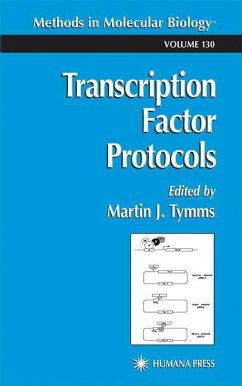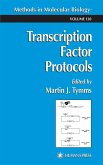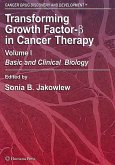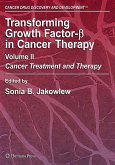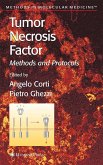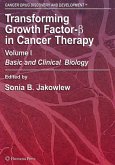The effort to sequence the human genome is now moving toward a c- clusion. As all of the protein coding sequences are described, an increasing emphasis will be placed on understanding gene function and regulation. One important aspect of this analysis is the study of how transcription factors re- late transcriptional initiation by RNA polymerase II, which is responsible for transcribing nuclear genes encoding messenger RNAs. The initiation of Class II transcription is dependent upon transcription factors binding to DNA e- ments that include the core or basal promoter elements, proximal promoter elements, and distal enhancer elements. General initiation factors are involved in positioning RNA polymerase II on the core promoter, but the complex - teraction of these proteins and transcriptional activators binding to DNA e- ments outside the core promoter regulate the rate of transcriptional initiation. This initiation process appears to be a crucial step in the modulation of mRNA levels in response to developmental and environmental signals. Transcription Factor Protocols provides step-by-step procedures for key techniques that have been developed to study DNA sequences and the protein factors that regulate the transcription of protein encoding genes. This volume is aimed at providing researchers in the field with the well-detailed protocols that have been the hallmark of previous volumes of the Methods in Molecular (TM) Biology series.
"Transcription Factor Protocols, volume 130 of Humana Press' popular Methods in Molecular Biology series, aids in the study of transcription factors by providing a compilation of methodologies for the study of the complex interactions between transcription factors, proteins, and DNA. Like the other volumes in this series, the techniques in Transcription Factor Protocols are contributed by an international group of scientists well experienced in the methodologies presented the detailed information provided in Transcription Factor Protocols makes it a welcome addition to the reference collection of an academic library that serves scientists who are conducting molecular biology research. It is well representative of the previous volumes in the Methods in Molecular Biology series"-Cecelia Brown reviewing for E-Streams "...This book would be a worthwhile addition to the library of any researcher in the general field of transcription regulation...Each of the methods described is accompanied by a well written introductory section setting it in context. The descriptions of the protocols themselves are concisely written in step by step fashion, and readily comprehensible. Recipes for all buffers, with plentiful footnotes describing potential pitfalls, are provided. All chapters end with a detailed bibliography..."-Cell Biology International 2000 "...offers a very complete and up-to-date collection of the techniques needed to explore important aspects in this field...Twenty-two chapters include essential prerequisites, with a clear and extensive coverage of transfection technologies, as well as novel techniques such as the isolation of regulatory DNA sequences by whole genome PCR, functional characterization of such DNA sequences by the use of triplex-forming oligonucleotides, or in vivo footprinting using UV light and ligation-mediated PCR for the identification of protein-bound DNA sequences. The chapters are clearly written by knowledgeable investigators with extensive personal experience of the techniques that the describe. As in previous volumes of the Methods in Molecular Biology series, very detailed step-by-step procedures are provided. Many notes and practical tips are helpful to researchers unfamiliar with the field or new to the most recent and complex strategies." - Cell Biology and Function "...a book of great importance and which should be in the hands of all cellular and molecular biologists." - Cellular and Molecular Biology

